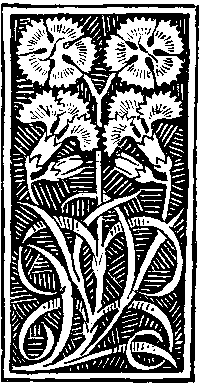Dislocated Heroines:
Cary Fukunaga’s Jane Eyre, Romantic Love and Bertha’s Legacy
Keywords:
Bertha Mason, Charlotte Brontë, film adaptation, gender, heteronormativity, Jane Eyre (1847), Jane Eyre (2011), proto-feminism, romance, subjectivityAbstract
This essay examines the 2011 Focus Features film adaptation of Charlotte Brontë’s 1847 novel Jane Eyre directed by Cary Fukunaga. Like other modern adaptations of nineteenth-century women’s writing, Fukunaga’s Jane Eyre privileges heteronormative love for subject completion, belying his claim that this adaptation is both more accurate and less about period romance. Fukunaga’s representation of Jane juxtaposes her ‘complete’ subjecthood prior to the beginning of the film with Bertha Mason’s ‘lack’ of complete subjectivity. Ultimately, this essay gestures towards a problematics of twenty-first century adaptations of classic romance novels and their representation of the heroine as needing love to alleviate her dislocation from the modern world
Downloads
Published
Versions
- 2023-12-11 (2)
- 2023-01-30 (1)
Issue
Section
License
Copyright (c) 2023 Neo-Victorian Studies

This work is licensed under a Creative Commons Attribution-NonCommercial-NoDerivatives 4.0 International License.


